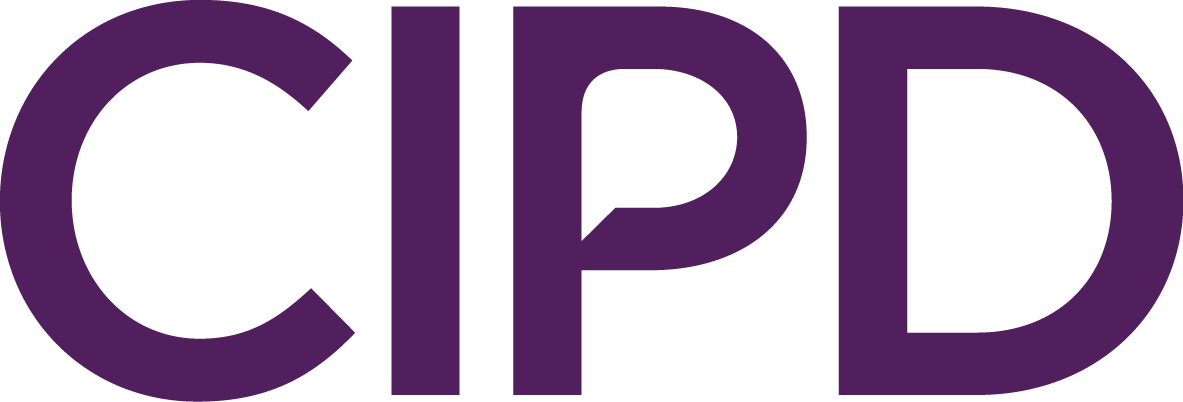Following a surge in calls from individuals to domestic abuse helplines during lockdown, the CIPD and EHRC are publishing new guidance for employers, setting out how to recognise and support staff experiencing domestic abuse.
A CIPD survey of UK employees found that just under a quarter (24%) are aware of their employer having a policy or support in place on domestic abuse[1]. Now, the CIPD and EHRC are calling on employers to take a more active role in supporting those experiencing domestic abuse by having a well-publicised policy and framework of support in place and proactively making staff aware of the help that is available.
With more people working from home or facing restrictions on their interactions with others as a result of the Coronavirus pandemic, escape routes or time apart from an abuser may be dramatically curtailed. As a result, employers need to further consider the support they can offer to anyone experiencing domestic abuse.
Employers are not asked to ‘solve’ the problem, but to enable their employees to access professional support. The new guide, Managing and supporting employees experiencing domestic abuse, sets out a four-step framework of what employer support could look like. This includes recognising the problem, responding appropriately to disclosure, providing support, and referring to the appropriate help.
Claire McCartney, Senior Policy Adviser at the CIPD, comments:
“There is evidence that incidences of domestic abuse have increased as a result of the pandemic and related restrictions, which have seen many more people working from home. It’s important that employers are knowledgeable about this issue as they are ideally placed to offer a lifeline to those experiencing it. The workplace can often be one of the few places that a person experiencing abuse can be separate from their abuser, and therefore the place where people are able to ask for and access support.
“Employers should have a clear policy in place to support employees experiencing domestic abuse, be able to signpost them to professional support and offer the flexibility required to be able to access that support. It is therefore essential that line managers are trained in how to effectively support people in the workplace and signpost them to that professional help, and most importantly, to deal with it in a non-judgmental and empathetic way.”
Caroline Waters, Interim Chair of the Equality and Human Rights Commission, said:
“For some the workplace is more than just an office, colleagues and a pay cheque, it can be a sanctuary from abuse at home or a safe place to turn to for support. Our lives and workplaces have changed dramatically as a result of the pandemic, but a darker side has been the limited opportunities for those experiencing domestic abuse to reach out and ask for help.
“With a dramatic increase in calls to domestic abuse hotlines, we know that many are struggling. Supporting staff should be at the forefront of any employers’ efforts to adapt to current and future ways of working, and offering support for people who are experiencing domestic abuse needs to be a part of that thinking. We want employers to be aware of how to spot the signs of domestic abuse – whether their employees are in the office or working from home – and be able to offer appropriate support.
“We know that employers aren’t going to be able to prevent domestic abuse from occurring, but by following the four steps outlined in this guidance, they will be able to provide a supportive workplace for staff.”
The new guide sets out key recommendations for employers, including developing a policy or framework, creating open work cultures where individuals feel safe to disclose issues of domestic abuse, and offering flexibility for people to attend counselling, legal and finance appointments or access support from professional organisations.
The CIPD and EHRC are also backing UN Women’s call for more employers to offer ten days of paid leave to anyone experiencing domestic abuse, which could go a long way to supporting an individual if they are struggling to do their work or need to access essential services.








